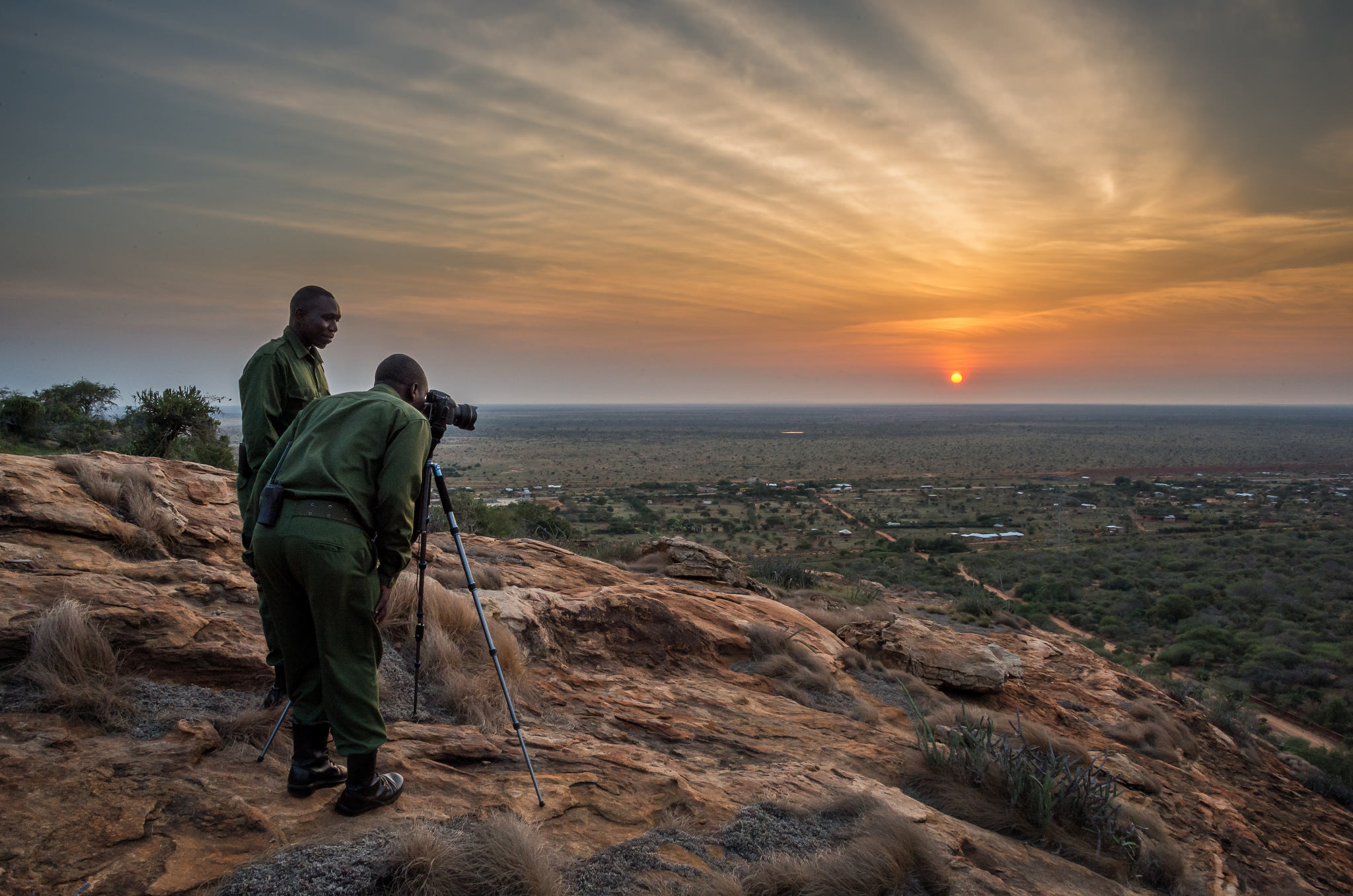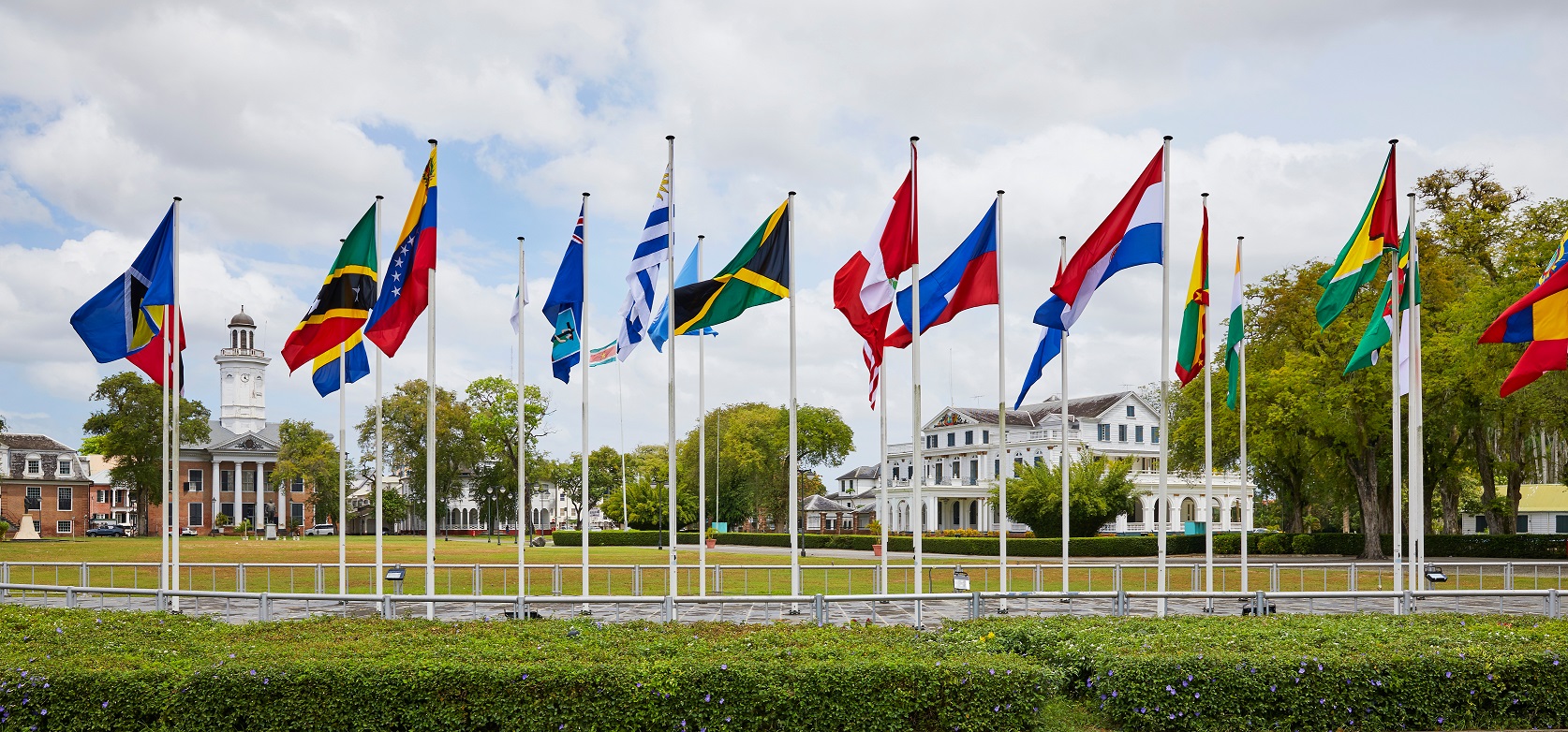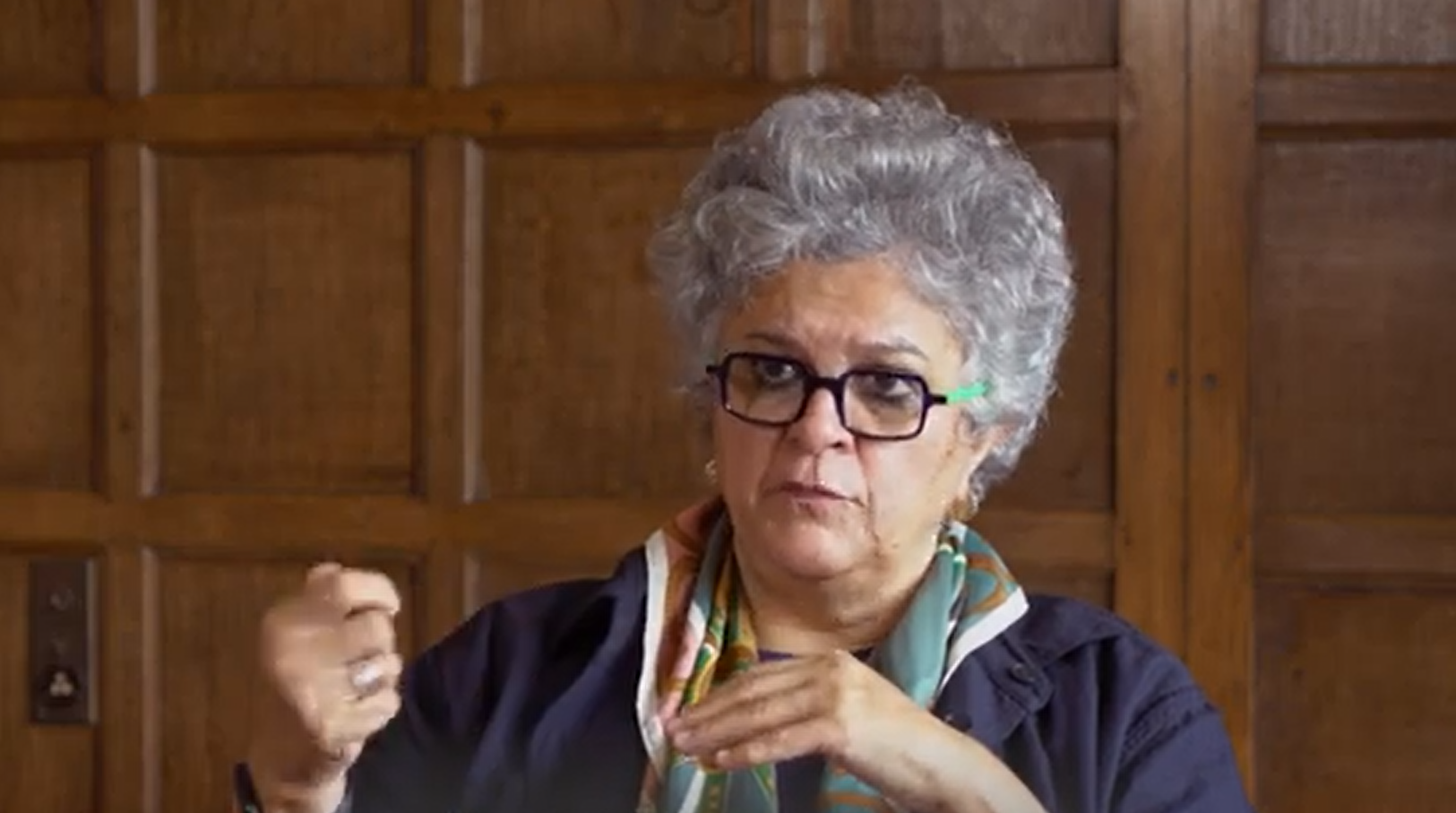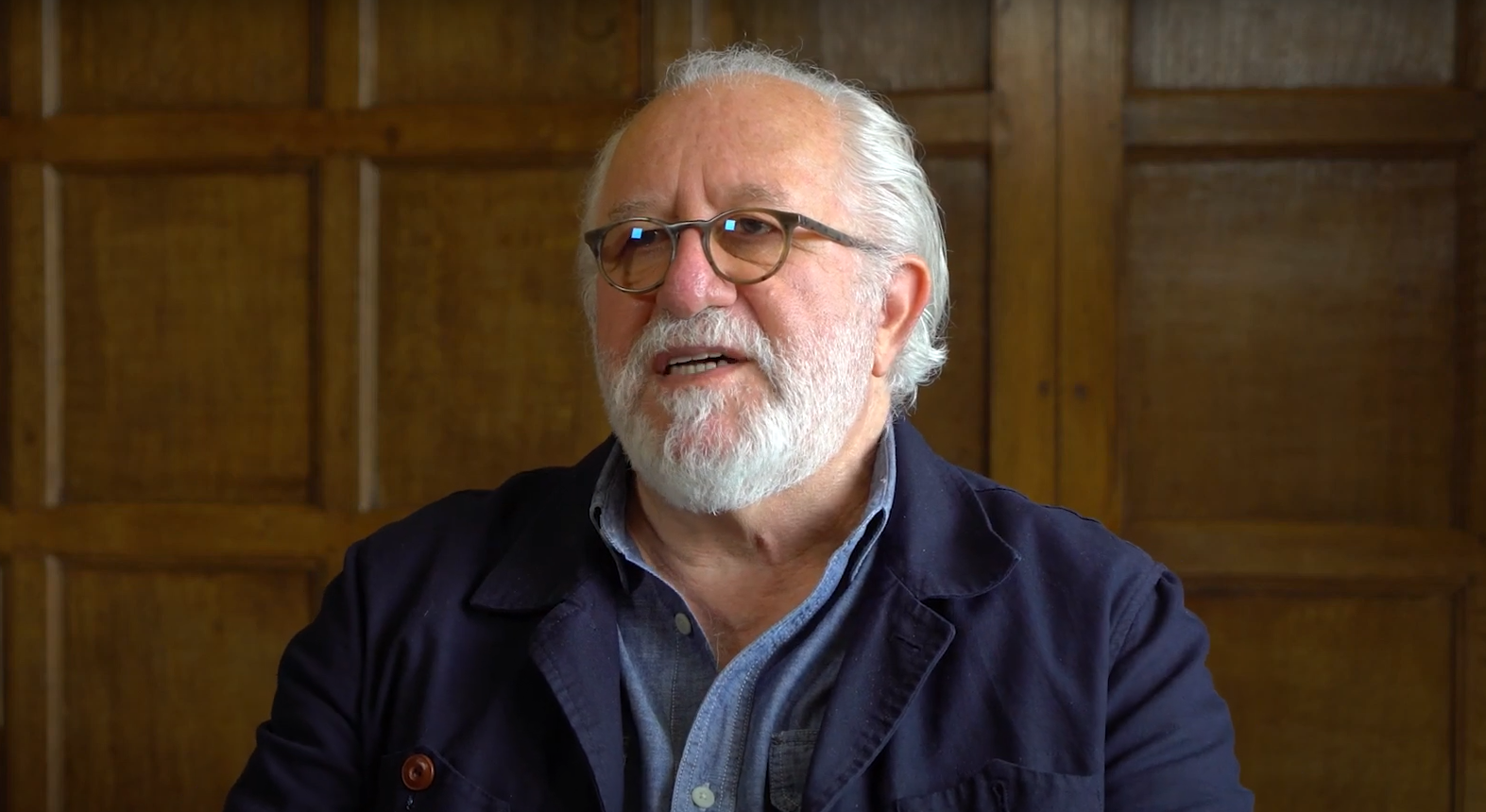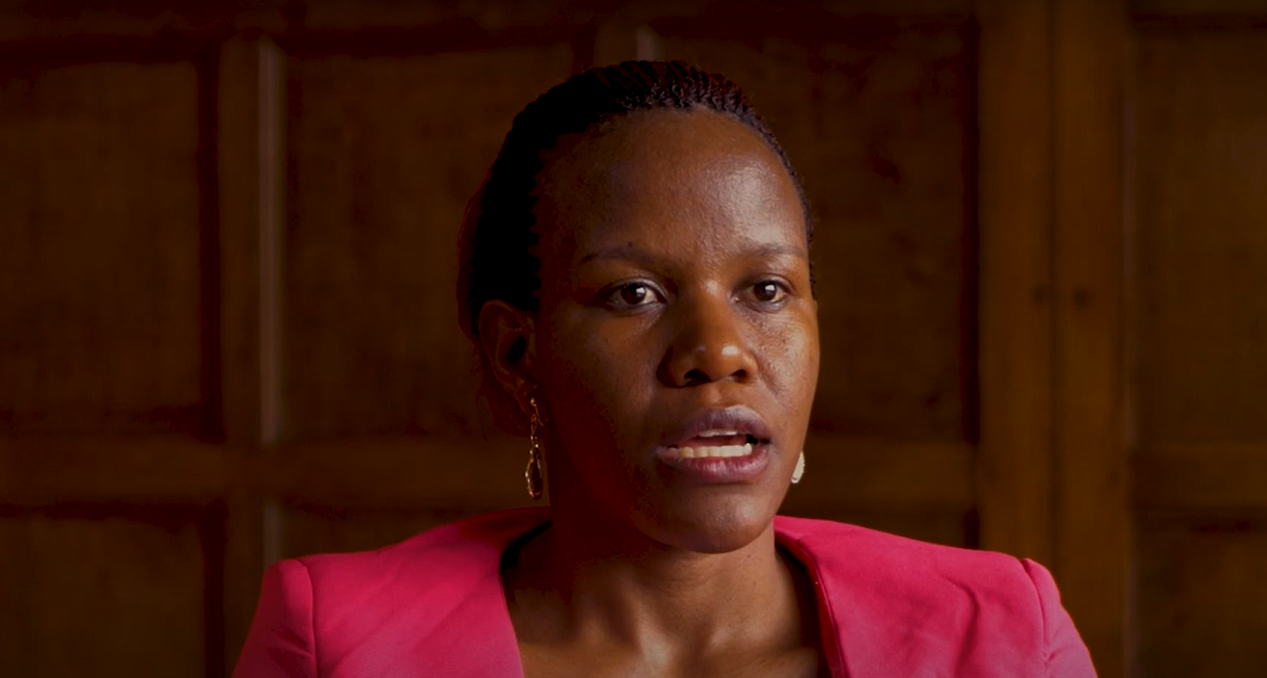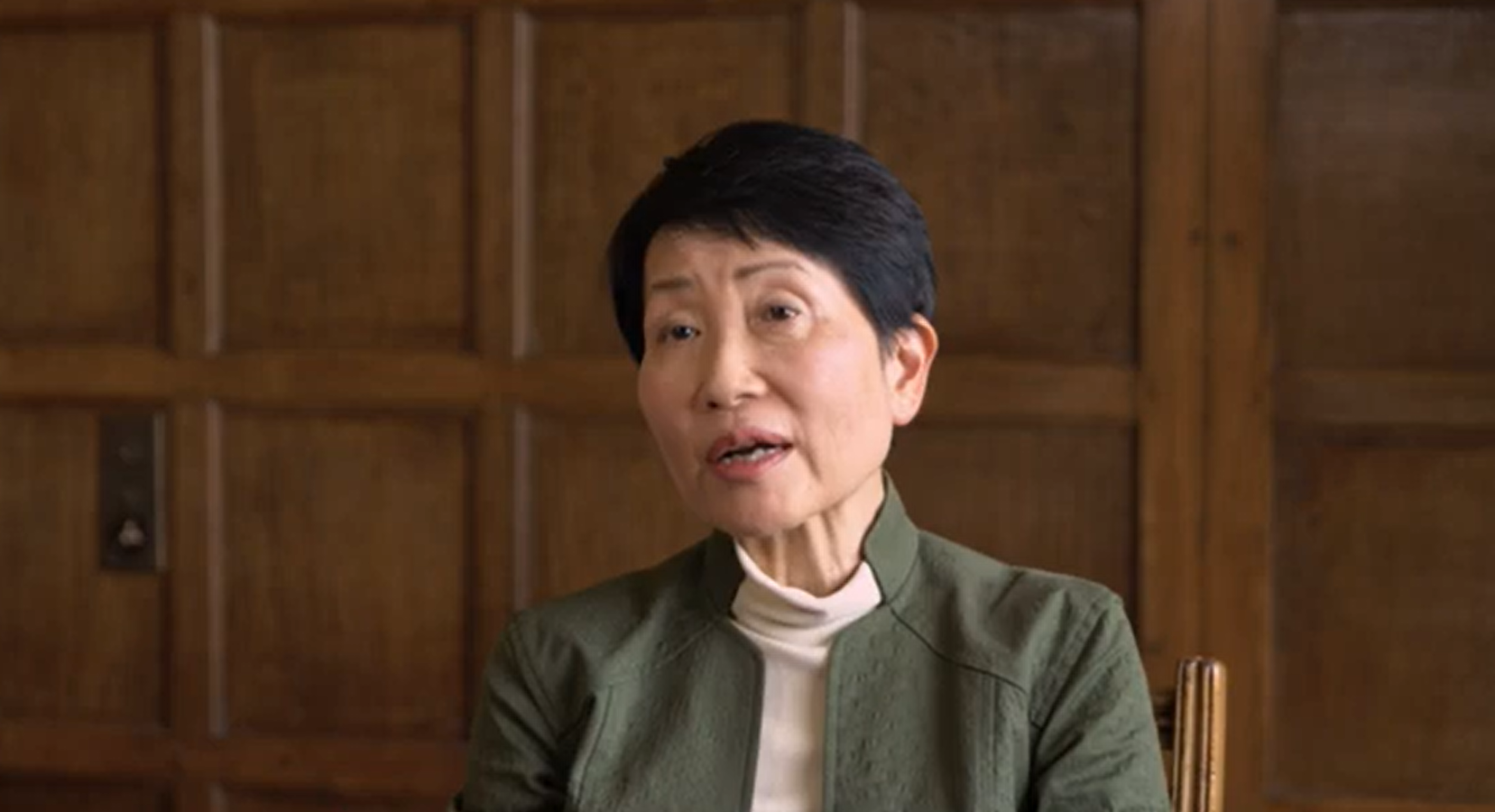Worth around £6 billion per year, wildlife crime is no longer limited to conservation within source countries, but has become an acute threat to national and transnational security. It poses a threat not only to the existence of a number of species but to vulnerable communities and institutions, driving corruption and undermining efforts to reduce poverty in source and transit countries. A more robust approach to law enforcement of wildlife crime and other such crimes is needed. Building on recommendations for action from the London Declaration and Kasane Statement and looking ahead to the Vietnam Conference, this event will focus on coordinated action in wildlife crime through strengthening law enforcement and legal deterrents.
This event uniquely brought together multiple stakeholders from the law enforcement community as well as from a range of source, transit and destination countries. In the process, it helped to link together traditional wildlife authorities, with law enforcement, financial anti-crime units, intelligence, and conservation communities. It represented an opportunity to strengthen collaboration between the United Kingdom and United States of America, and to build upon dialogue that will seek to identify pathways to tackle the current dynamics of organised wildlife crime which serves as a low risk, high profit activity for transnational criminal enterprises. The event aimed to:
- Analyse effective responses to wildlife crime, looking in depth at law enforcement approaches and opportunities to operationalise commitments from the London and Kasane conferences;
- Harness ideas with regard to the implementation and, critically, the coordination of action plans to produce recommendations for action against wildlife crime;
- Examine the medium and long-term term policy implications of wildlife crime for source and transit countries and the international community as regards transnational organised crime, conflict and terrorism;
- Build on the work of international organisations (eg the International Consortium on Combatting Wildlife Crime (ICCWC) and United Nations Office on Drugs and Crime (UNODC)) to increase long-term term capacity among national, cross-border and international wildlife law enforcement agencies through establishing new partnerships and networks for action.
